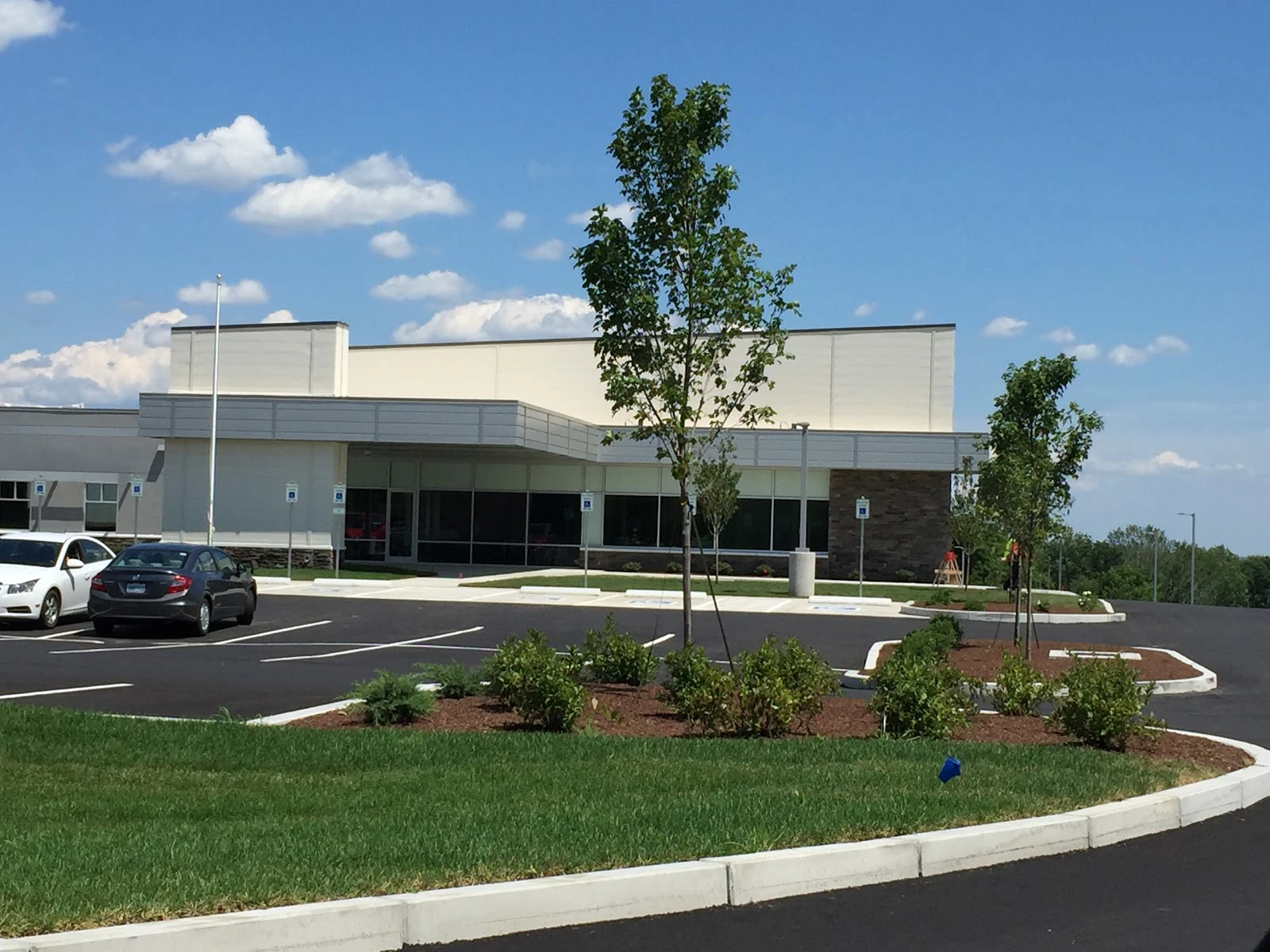Bayside Marin Treatment Center, located in the serene landscape of San Rafael, California, stands as a premier provider of addiction and mental health treatment for adults. Nestled amidst the breathtaking beauty of Northern California, Bayside Marin offers a comprehensive range of services, including mental health assessments, detoxification, residential rehabilitation, outpatient treatment, and a supportive alumni program.
At Bayside Marin, mental health assessment and counseling serve as the cornerstone of their treatment approach. Experienced clinicians conduct thorough evaluations to assess the presence of substance use disorders and co-occurring mental health conditions. Collaboratively working with each client, they craft individualized treatment plans that may encompass a blend of individual, group, and family counseling to address the unique needs of each participant.
For those beginning their recovery journey, Bayside Marin offers a medically supervised inpatient detoxification program. This seven-day program provides 24-hour medical support, ensuring a safe and comfortable detox process from drugs and alcohol. Following detox, clients are encouraged to transition into either the residential treatment program or the intensive outpatient program, depending on their specific needs and progress.
The residential addiction treatment program at Bayside Marin is designed to facilitate sustained recovery by integrating evidence-based interventions with alternative therapies. Clients engage in a holistic treatment regimen that includes individual and group therapy, cognitive behavioral therapy, life skills workshops, yoga, meditation, educational classes, acupuncture, and family education. This comprehensive approach aims to heal not just the body but also the mind and spirit.
For those who require more flexibility, the Intensive Outpatient Program (IOP) offers a structured yet adaptable treatment option. Clients participate in individual and group sessions four days a week, with morning or evening schedules to accommodate their needs. The IOP also includes individualized treatment planning, counseling, holistic therapies, family education, self-help groups, and a focus on aftercare to support long-term recovery.
Bayside Marin is situated in one of the most picturesque settings in Northern California, with two properties that enhance the healing experience. The Mountainside property offers panoramic bayside views, while the Canyonside property provides a tranquil forest hillside retreat overlooking a scenic valley. This environment, combined with the dedication of a world-class treatment team, ensures that clients receive clinical excellence in addressing both addiction and co-occurring disorders.
Understanding that the decision to seek treatment can be daunting, Bayside Marin is committed to providing a supportive and welcoming atmosphere. Whether clients are battling addiction to drugs or alcohol, or managing co-occurring conditions such as bipolar disorder, depression, PTSD, or anxiety disorders, the specialized staff at Bayside Marin is devoted to helping them achieve true healing and successful recovery.
The center's highly individualized residential and outpatient treatments are backed by years of research and are tailored to address the unique needs of each client. Bayside Marin also offers specialized programs for LGBTQ individuals, first responders, and licensed professionals, ensuring that all clients receive the most relevant and effective care possible.
In this private and intimate setting, clients find a conducive environment for healing, allowing them to relax and focus on overcoming their challenges. By choosing Bayside Marin, clients can trust that they will regain the ability to lead healthier, happier, and more productive lives.
Bayside Marin Treatment Center is fully accredited and recognized for its commitment to quality care. It holds CARF Accreditation, is a proud member of the National Association of Addiction Treatment Providers (NAATP), and is listed with the Substance Abuse and Mental Health Services Administration (SAMHSA). The center is also licensed by the state of California, ensuring that clients receive the highest standards of treatment and support.
Bayside Marin Treatment Center Information
Treatment
Who We Treat
- Male and Female
- LGBTQ+
- Professionals
- Veterans
- First Responders
Treatment Focus
- Alcohol
- Detox
- Co-Occurring Disorders
- Depression
- Drug Addiction
- LGBTQ+
- Prescription Drugs
- Luxury
Approaches
- Personalized Treatment
- Evidence-Based
- Family Therapy
- Holistic
- Non 12 Step
- Cognitive Behavioral Therapy (CBT)
- 1-on-1 Counseling
- Meditation & Mindfulness
- Eye Movement Therapy (EMDR)
- Medication-Assisted Treatment (MAT)
Conditions We Treat
- Depression
- Co-Occurring Disorders
Substances We Treat
- Alcohol
- Benzodiazepines
- Heroin
- Opioids
- Prescription Drugs
- Cocaine
- Methamphetamine
- Marijuana/Cannabis
Languages
- English
Aftercare
- Online Aftercare
- Aftercare Group Therapy
- Alumni Events & Get-Togethers
Level of Care
- Detox
Experience
On-Site Amenities
- Pool
- Access to Nature
- Fitness Center
- Gourmet Dining
- Outdoor Lounge
- Sauna
- Luxury
Personal Amenities
- Personal Fitness Trainer
- Air-Conditioned Rooms
- Personal Life Coach
- Private or Shared Rooms
On-Site Activities
- Yoga
- Swimming
Off-Site Activities
- AA/NA Meetings
- Beach Walks
- Hiking
- Movies
- Water Activities
Special Considerations
- Family Program
- First Responders Program
- LGBTQ group
- COVID-19 Measures
Accreditations
-
Commission on Accreditation of Rehabilitation Facilities (CARF)
CARF accreditation is a prestigious recognition granted to rehabilitation and human service organizations. It signifies that an organization meets high-quality standards, having undergone a rigorous evaluation process. CARF accreditation boosts an organization's credibility and ensures top-notch care for individuals with disabilities, injuries, or healthcare needs.

-
NAATP
The National Association of Addiction Treatment Providers (NAATP) accreditation for addiction and behavioral health is a recognized and respected certification that signifies a treatment center's commitment to delivering high-quality services in the field of addiction and behavioral health. It serves as an assurance of compliance with industry standards and best practices, ensuring that individuals seeking help receive effective and ethical care. Accreditation from NAATP demonstrates a facility's dedication to maintaining rigorous standards, fostering accountability, and prioritizing the well-being and recovery of its clients.

-
SAMHSA certification for opioid treatment program (OTP)
SAMHSA's Opioid Treatment Programs (OTPs) accreditation is a rigorous recognition process that signifies an OTP's commitment to providing high-quality care for individuals dealing with opioid use disorders. It assures patients, families, and the community that the program adheres to evidence-based practices, employs qualified staff, and maintains a safe treatment environment. This accreditation is a symbol of quality and accountability, offering confidence in the program's ability to support individuals on their path to recovery from opioid addiction.
-
State department of health
State Licenses, issued by government agencies, authorize rehabilitation organizations to legally operate within designated geographical areas. The specific licenses required for operation are typically determined by both the nature of the rehabilitation program provided by the facility and its physical location.

Additional Locations
Bayside Marin Treatment Center Accepts The Following Insurance Plans
Find the best treatment options. Call our free and confidential helpline today!

























